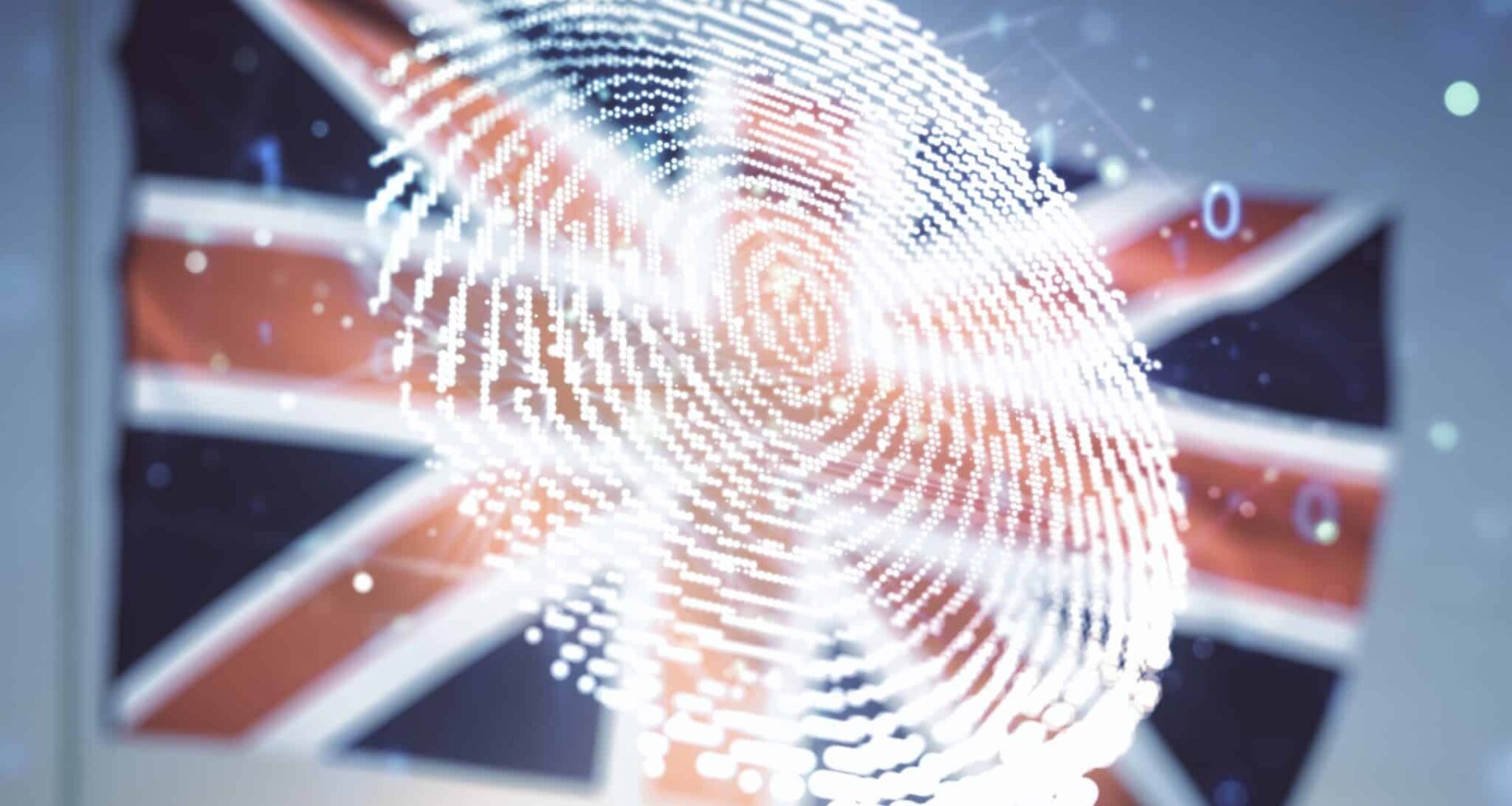The UK is “behind the curve” and should follow the example of Estonia when it comes to digital identity, according to Pat McFadden, chancellor of the Duchy of Lancaster and government minister for Intergovernmental relations.
McFadden is currently on an official visit to Estonia, where 90 percent of citizens use their national electronic identity to access government services. This is far ahead of the UK, which has made modest advances since the attempts by Tony Blair’s government to introduce a national ID in the early 2000s, he says.
“We’ve already got good synchronicity between the passport and the driving licence system. So we’ve built some of this already. But I definitely think we’re going to have to move on and innovate more from where we are at the moment,” McFadden says in an interview with The Times.
McFadden is the latest Labour politician speaking in favor of a digital ID, an idea which is currently being revived by Prime Minister Keir Starmer’s government. Earlier this year, the government announced it is considering issuing a mandatory verifiable digital identity credential called the BritCard.
The MP recounted familiar arguments in favor of a digital ID, including as a solution for illegal migration and benefit fraud. Estonia claims its digitalization has saved the country about 2 percent of its GDP annually through increased efficiency and reduced costs, he notes.
McFadden also highlighted that Estonia’s system has demonstrated it can withstand cyberattacks from Russia thanks to decentralization.
“We know from recent experience in the UK that there are state and non-state actors who are testing our cyberdefences every day,” he says. “The fact that different databases can speak to one another … is something that’s dogged some of these debates in the past.”
Earlier this year, the Estonian government’s Chief Information Officer (CIO) Luukas Ilves published a paper on public administration digitalization efforts made by Baltic countries such as Estonia, Latvia, and Lithuania.
UK citizens should not trust govt with digital ID: Liberty
Not everyone trusts the government to handle the UK’s future digital IDs. The digital identification scheme should not be led by the Home Office, as “most people” would not trust the department with sensitive data, according to civil rights group Liberty.
The organization is currently focusing on what a good digital ID would look like and what kind of checks and balances it would need, says Liberty’s Director Akiko Hart.
“For example, having firewalls around sensitive government databases, making sure that it’s not mandatory, that it’s optional, ensuring that there is encrypted protection and unlinkability, that your data that sits in different domains – whether that’s your health data over here and your travel data over here – are not connected,” explains Hart. “Those are some of the things that a good digital ID system would look like.”
The organization is known for its campaign against the introduction of ID cards by Blair’s government. At the time, the group argued that identity cards are a pathway to less privacy and greater surveillance. Since then, these arguments have become “niche” and outdated but the group is still skeptical about the role of the government in digital ID, Hart told The National.
The group director also believes that digital IDs will not help the Labour government curb irregular migration.
“Anything that starts off with the purpose of trying to use digital ID to control migration, A) doesn’t meet that test because it won’t, you’ll still have irregular migration and B) is starting off with all of the wrong principles in terms of looking after our data in a secure way,” says Hart.
Article Topics
biometrics | digital ID | digital identity | digital trust | Estonia | UK | UK digital ID
